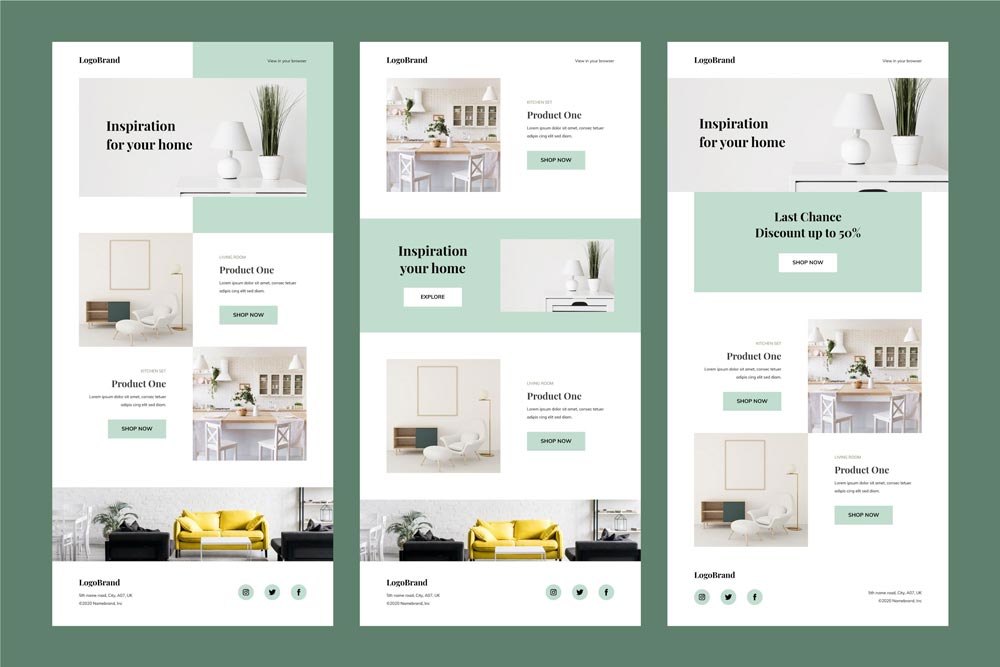
When building a website in 2025, one of the key questions businesses and individuals face is: “How many pages should my website have?” The optimal number of pages depends on several key factors, such as the website’s goals, audience needs, SEO strategy, and content scope. Striking the right balance between too few and too many pages is crucial for user experience and search visibility.
Why Page Count Matters More Than Ever
With evolving SEO trends, AI-driven search rankings, and increasing user expectations, the number of pages on a website can directly impact engagement, conversions, and discoverability. Here’s why:
- SEO Optimization – More pages create opportunities for keyword targeting but must offer high-quality content to rank well.
- User Experience (UX) – Too many pages can overwhelm visitors, while too few may limit engagement and credibility.
- AI-Powered Search & Content Indexing – Google’s AI-driven search (such as SGE) prioritizes well-structured content that delivers value quickly.
- Scalability & Growth – Websites need to be flexible enough to grow without cluttering the user journey.
Recommended Page Count for Different Websites
1. Small Business Website (5-10 pages)
A streamlined, conversion-focused structure works best for small businesses. Essential pages include:
- Home
- About
- Services/Products (with individual service pages if necessary)
- Contact (with forms, chatbot integration, and map)
- Blog (optional, but great for SEO and authority building)
2. Corporate or Professional Website (10-25 pages)
For larger businesses, a more detailed website is necessary to convey brand authority and service depth:
- Home
- About Us (Company History, Mission, Team)
- Services/Products (with subpages for each offering)
- Contact (with live chat and multiple support options)
- Blog (for industry insights and thought leadership)
- Case Studies/Portfolio
- Testimonials & Reviews
- FAQ Section
3. E-commerce Website (50+ pages)
E-commerce sites must be structured for both SEO and customer experience, requiring multiple dynamic pages:
- Homepage
- Product Category Pages
- Individual Product Pages (with AI-powered recommendations)
- About
- Contact
- Blog (for product guides, news, and trends)
- Shopping Cart & Checkout
- Account/Login Page
- Customer Support & Returns Policy
- Privacy Policy & Terms of Service
4. Personal Blog or Portfolio (5-15 pages)
A personal brand website should focus on showcasing expertise while keeping navigation simple:
- Home
- About
- Blog (with categories and AI-driven content recommendations)
- Portfolio (if applicable)
- Contact
- Testimonials/Case Studies
5. Large Enterprise or News Websites (100+ pages)
Massive content-driven sites require a well-organized structure to maintain clarity and SEO effectiveness:
- Resource Center (Whitepapers, Reports, eBooks)
- Homepage
- Multiple Content Categories (News, Trends, Research, etc.)
- Individual Articles (with AI-generated summaries and suggested reading)
- Author Pages & Contributor Profiles
- Advertiser Information
- Press Releases
- Careers
- Investor Relations
How to Determine the Right Page Count for Your Website
- Start Small & Scale Smart – Launch with core pages and expand strategically based on analytics and user behavior.
- Leverage AI for Content Structuring – Use AI tools to identify content gaps and automate internal linking.
- Prioritize UX & Page Speed – Ensure pages are not just numerous but also highly functional and mobile-friendly.
- Optimize for Conversational & AI Search – With voice search and AI-based queries rising, content should be structured for natural language search.
- Regularly Audit & Improve – Use heatmaps and session recordings to refine website structure and remove unnecessary pages.
Final Thoughts
There’s no one-size-fits-all answer to the perfect page count. The key is to align your website’s structure with your business goals, user experience, and SEO strategy. Whether you have 5 pages or 500, what matters most is that each page delivers value, enhances navigation, and contributes to your overall online success.
Need expert guidance on structuring your website? Contact us today to build a website that’s both effective and future-proof!
